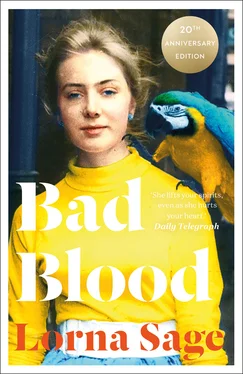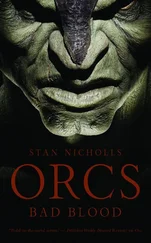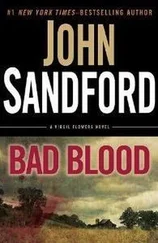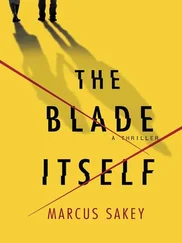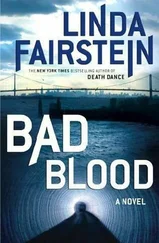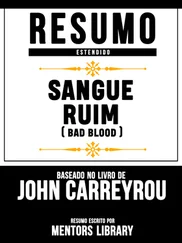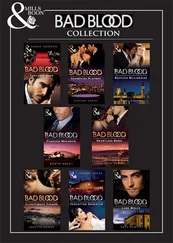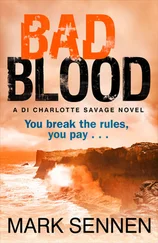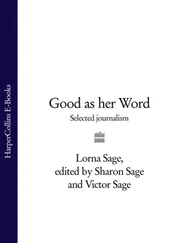
4th Estate
An imprint of HarperCollins Publishers 1 London Bridge Street London SE1 9GF www.4thEstate.co.uk
First published in Great Britain by 4th Estate in 2000
Copyright © Lorna Sage 2000
Introduction copyright © Frances Wilson, 2020
Cover photograph: Lorna Sage aged 14
‘All Shook Up’ Words and Music by Otis Blackwell and Elvis Presley © 1957 by Shalimar Music, Inc. – assigned to Elvis Presley Music, Inc., all rights administered by R & H Music and Williamson Music – All Rights Reserved. Lyric reproduced by kind permission of Carlin Music Corp., London NW1 8BD. ‘(Let Me Be Your) Teddy Bear’ Words and Music by Kal Mann and Bernie Lowe © 1957 Gladys Music – all rights administered by R & H Music and Williamson Music – All right Reserved. Lyric reproduced by kind permission of Carlin Music Corp., London NW1 8BD. ‘Heartbreak Hotel’ Words and Music by Mae Boren Axion, Tomy Durden and Elvis Presley © 1956, Tree Publishing Co. Inc., US. Reproduced by kind permission of EMI Music Publishing Ltd, London WC2H 0EA.
Lorna Sage asserts the moral right to be identified as the author of this work.
A catalogue record for this book is available from the British Library
All rights reserved under International and Pan-American Copyright Conventions. By payment of the required fees, you have been granted the non-exclusive, non-transferable right to access and read the text of this e-book on screen. No part of this text may be reproduced, transmitted, down-loaded, decompiled, reverse engineered, or stored in or introduced into any information storage and retrieval system, in any form or by any means, whether electronic or mechanical, now known or hereinafter invented, without the express written permission of HarperCollins.
Source ISBN: 9781841150437
Ebook Edition © 2020 ISBN: 9780007374281
Version: 2020-08-14
‘In a class of its own … It is a measure of her achievement that she can turn the peculiarities of her own past – and they are peculiar – into a narrative that speaks for the whole of post-war Britain … This is not just an exquisite personal memoir, it is a vital piece of our collective past’
Daily Telegraph
‘A wonderful book. Women need this kind of book but perhaps men need it more, to give the sort of understanding which we still lack of how girls actually grow up’
Margaret Forster
‘This could have been the saddest book you have ever read, but because of Lorna Sage’s relish in the details, her exuberant celebration of the vitality of this clever, surviving girl, it is as enjoyable a book as I remember reading’
Doris Lessing
‘[A] rich, justly acclaimed autobiography … this almost perfect memoir is a tribute to imperfection’
Independent
‘Lorna Sage has always been among the most acute literary critics of her generation, and this book shows why: because she writes so well herself, with an honesty equal to a story as painful as this. She has transmuted a bad dream into a book of classic poise. This is not a book for children, but neither was her childhood’
Clive James
‘ Speak, Memory! Lorna Sage’s memoir is magnificent and quite impossible to lay aside. What a book for this country now. She makes Hanmer, Whitchurch, the shop, the ailing haulage business, the lightless houses, the mad relations, into the real ancestral England, from which the English have ever since been on the run’
Jonathan Raban
For Sharon and Olivia
Cover
Title Page
Copyright
Praise for Bad Blood
Dedication
Introduction by Frances Wilson
PART ONE
I The Old Devil and His Wife
II School
III Grandma at Home
IV The Original Sin
V Original Sin, Again
VI Death
PART TWO
VII Council House
VIII A Proper Marriage
IX Sticks
X Nisi Dominus Frustra
XI Family Life
XII Family Life Continued
PART THREE
XIII All Shook Up
XIV Love – Fifteen
XV Sunnyside
XVI To the Devil a Daughter
XVII Crosshouses
XVIII Eighteen
Afterword
About the Author
About the Publisher
Introduction By Frances Wilson
Lorna Sage, who died of emphysema on 11 January 2001, lived just long enough to see a finished copy of her memoir and to know that it had won the Whitbread Prize for Biography. Since then, Bad Blood has been included in the Guardian’s 100 Best Books of the 21st Century, making it that rare thing: an instant classic. It is still, twenty years after publication, the most powerful coming-of-age story I have read, and the most memorable portrayal of the theatre that is family life. ‘There is something cloying and close about living in a proper family,’ Sage writes, ‘that has always brought out the worst in me’. That same claustrophobia, however, brought out the best in her as a writer.
A Professor of English at the University of East Anglia, Lorna Sage straddled the borders of Grub Street and academe and Bad Blood is about borders and border crossings. She crossed from childhood to adolescence in a Welsh border town called Hanmer, which is so small, her schoolteacher gleefully revealed, that it wasn’t even on the map (in 2001, the population was 726). Hanmer was ‘a time warp’ and Lorna, born in 1943, grew up in what she calls ‘an enclave of the nineteenth century’, where the gravedigger’s name was Mr Downward and the blacksmith who lived by the mere was called Mr Bywater. She would straddle the borders of the pre- and the post-war worlds when she joined the first generation of women to go to university, and there added her voice to second-wave feminism.
Lorna was raised by her mother and her grandparents in the local vicarage, and her first nine years are recorded in the language of a gothic novel. The hero is Lorna’s bookish grandfather, the Vicar of St Chad’s, clad in black skirts with a scar running down his hollow cheek, and the villain is her grandmother Hilda, four foot ten and lethal with the carving knife when her husband comes home pissed. The book’s opening image, with Lorna ‘hanging on’ to her grandfather’s skirts as they flap in the wind on the churchyard path, propels us instantly into the comedy of her storytelling; I imagine her suspended in the air like one of those weightless figures by Quentin Blake who are always on the move, buoyed along on a raft of their own innocence. If Lorna turned her grandfather into a hero, he ensured her role as a heroine by naming her after Lorna Doone in R. D. Blackmore’s romance. By the time she was four, she had been taught by him to read; Lorna was, from the start, her grandfather’s creature and her lifetime in books informs the subtlety and irony of her prose. Lorna’s childhood world, filtered through her adult sensibility, is a literary echo chamber.
The vicarage is itself a place of border controls, with her grandparents occupying different territories. Hilda, in one wing, pines for her home town of Tonypandy where her family have status and a shop, while her husband in his study, Lorna later learns, pines for other women, first a local nurse referred to as MB, and then a seventeen-year-old friend of his daughter, called Marj. Discovering his affairs, Hilda blackmails him for a portion of his stipend every quarter. Lorna’s father is absent for her early years and her mother, Valma (also named by the vicar), is pictured as ‘a shy, slender wraith’ sweeping the hearth like Cinderella while plates and pans fly over her head.
Читать дальше
